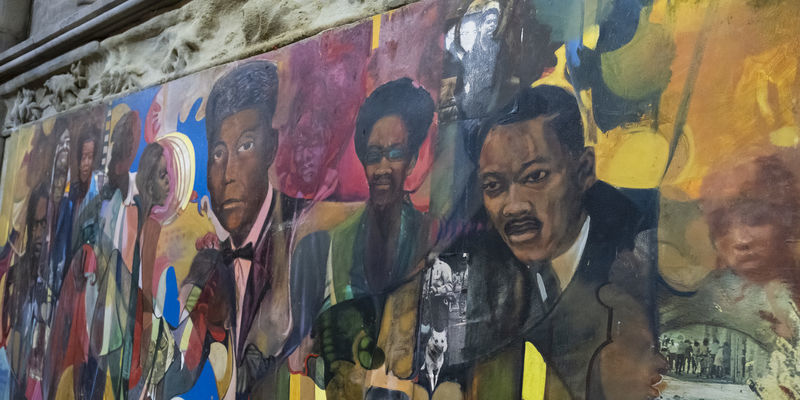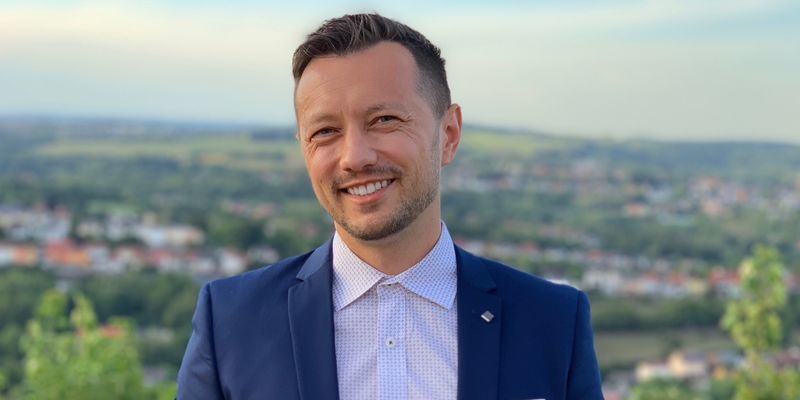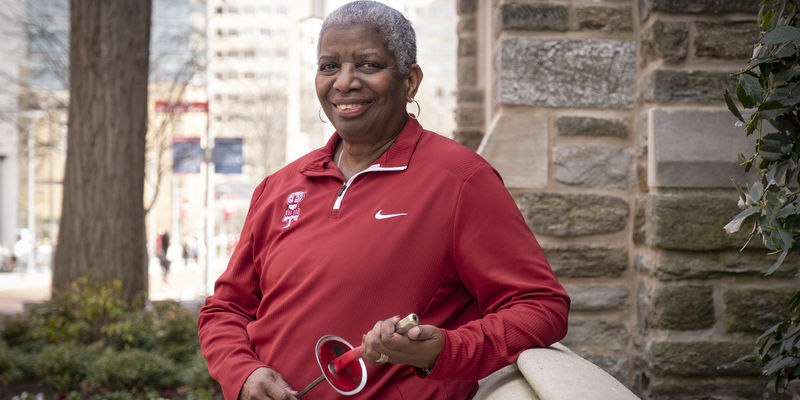This year, Olympic athletes are under an even bigger microscope
Temple faculty members Elizabeth Taylor and Jonathan Howe discuss how the diplomatic boycotts have placed even more pressure on athletes at this year’s Winter Olympics.

Few athletes find themselves under a microscope quite like Olympic competitors. This year, the scrutiny is even more intense.
The United States is one of several countries—including the United Kingdom, Australia, Canada and Denmark—taking part in a diplomatic boycott of this year’s Winter Olympics in an effort to protest Chinese human rights abuses.
“The Olympics are typically one sporting event that really unites countries, but that won’t be the case this year,” said Elizabeth Taylor, an assistant professor in the Sport and Recreation Management Department of Temple University’s School of Sport, Tourism and Hospitality Management. “Typically, this is such a unifying experience, and athletes take such pride in representing their countries. But with everything going on this year, I think that it adds a lot of additional stress for athletes.”
Jonathan Howe, an assistant professor of instruction in the Sport and Recreation Management Department, agreed.
“As an athlete, you’re now prepping for more than just the sport you’re competing in. You also are partially prepping for what your response is going to be when you’re asked some of these human rights questions because you know it’s going to happen,” said Howe, whose research focuses on the intersections of race, sports and education.
Taylor’s research focuses on diversity and inclusion within the sports industry, specifically as it relates to gender discrimination and homophobia, sexual harassment and sexual assault education, and harassment of female faculty members. This past summer, she was interviewed by The Washington Post and discussed how more Olympic women athletes have begun to use their platforms to advocate for an array of issues, from pay equity and working conditions to sexual abuse and mental health.
We caught up with Howe and Taylor to get their thoughts on the additional challenges facing Olympic athletes this winter.
Temple Now: Athletes are used to answering tough questions, especially if they’re coming off a bad performance. But the questions they may face during this winter’s Olympics are a totally different animal. Are they purposely getting ready for that?
Jonathan Howe: I think that some of them are probably getting some training on how to phrase things the best way possible, so their responses can’t be construed negatively. You have to remember that these athletes are competing on such a high level and devoting so much time to their craft, that they may not have the time to really dig deep into some of these issues. They may not even be fully aware of what’s going on. That’s no fault of their own, but some folks will unfortunately judge them for that, so that makes this very challenging for them.
Elizabeth Taylor: Even if they’re honest and say, “I’m not commenting on that,” there will be folks on the other side who are upset that they don’t have an opinion. I think that the athletes are really in a no-win situation, because no matter what they say, someone is going to criticize it.
TN: For athletes who are very passionate about what’s going on in the world, could there be some positives, as they now have an opportunity to share their message on such a large stage?
ET: Yeah, I think there is an opportunity for that, and I think we kind of saw that this past summer with what happened with Simone Biles. More and more, athletes are finding opportunities to share their voices about issues that they’re passionate about, and I think we will see that continue for the foreseeable future.
JH: It definitely is a positive opportunity for athletes to be able to share their voice, but I will say the location of it makes it really interesting and risky. They won’t be in the United States or won’t be in a country that has much free speech, so you have to also weigh that risk. If they say something that is contrary to what the Chinese government believes or wants to push out about their country, there will be consequences for them. So it really depends on the risk that an athlete is willing to take in this situation, but I’m always for them being able to speak up.
TN: This just seems to be such a challenging situation for them to be in.
JH: It is. And what is tough is that we support athletes when they speak out, as long as their opinion is what we believe. But then when they say something we don’t agree with, we get mad. It’s not fair that we expect them to say things that we want them to say, but then when they don’t, get mad at them. We should be able to respect them as human beings, not only as athletes, and allow them to have that voice and use their platform.
ET: They’re really just in an impossible position. This is something that’s in addition to their actual job. Their job as an athlete is going to the Olympics to represent their country and there’s so much pressure associated with that already. That’s what we saw with the women’s United States gymnastics team this summer. They were essentially talking about them like they were failures, because they didn’t win Olympic gold. So take all of that pressure and then add all of this on top of it. That’s the predicament that Olympic athletes are facing this year.


